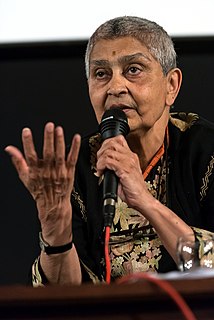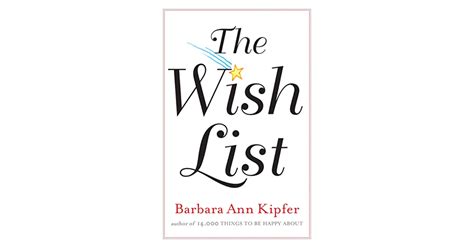A Quote by Gustave Flaubert
Let us not kid ourselves; let us remember that literature is of no use whatever, except in the very special case of somebody's wishing to become, of all things, a Professor of Literature.
Related Quotes
Instead of educating the I.Q., we need to educate the H.Q., the heart quotient, the matters of truth, love, justice, and compassion. There are two ways to do this. One is through the read life experiences and the other is through literature. Literature has the power to take us outside ourselves and returns to ourselves a changed self.
There is nothing so charming as the knowledge of literature; of that branch of literature, I mean, which enables us to discover the infinity of things, the immensity of Nature, the heavens, the earth, and the seas; this is that branch which has taught us religion, moderation, magnanimity, and that has rescued the soul from obscurity; to make her see all things above and below, first and last, and between both; it is this that furnishes us wherewith to live well and happily, and guides us to pass our lives without displeasure and without offence.
Wishing is good for us.
Daydreams, fantasies, castles in the air, and aspirations
All drive us forward,
Impel us to make things happen.
They also tell us a lot about ourselves.
Our wishes come straight from our core,
And they are loaded with vital information
About who we are and who we can become.
Keeping track of our wishes
Helps us tap into the energy
That propels us to go after our happiness.
As a form of moral insurance, at least, literature is much more dependable than a system of beliefs or a philosophical doctrine. Since there are no laws that can protect us from ourselves, no criminal code is capable of preventing a true crime against literature; though we can condemn the material suppression of literature - the persecution of writers, acts of censorship, the burning of books - we are powerless when it comes to its worst violation: that of not reading the books. For that crime, a person pays with his whole life; if the offender is a nation, it pays with its history.







































